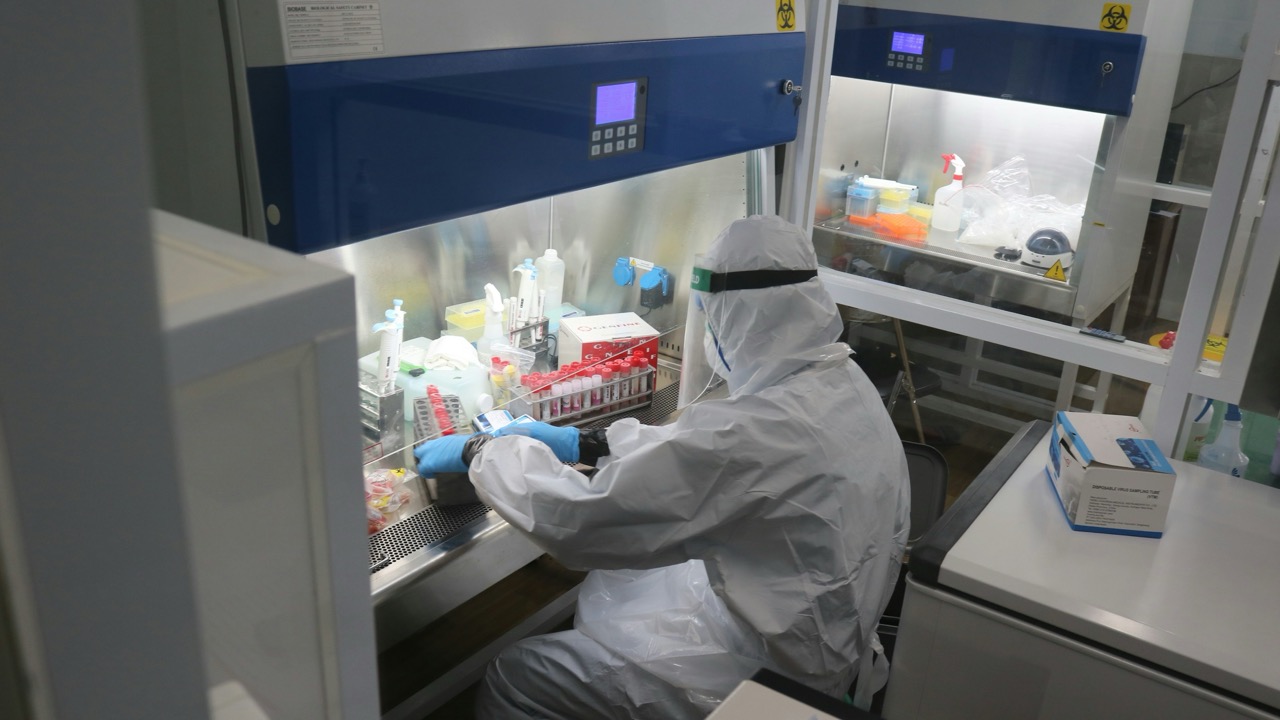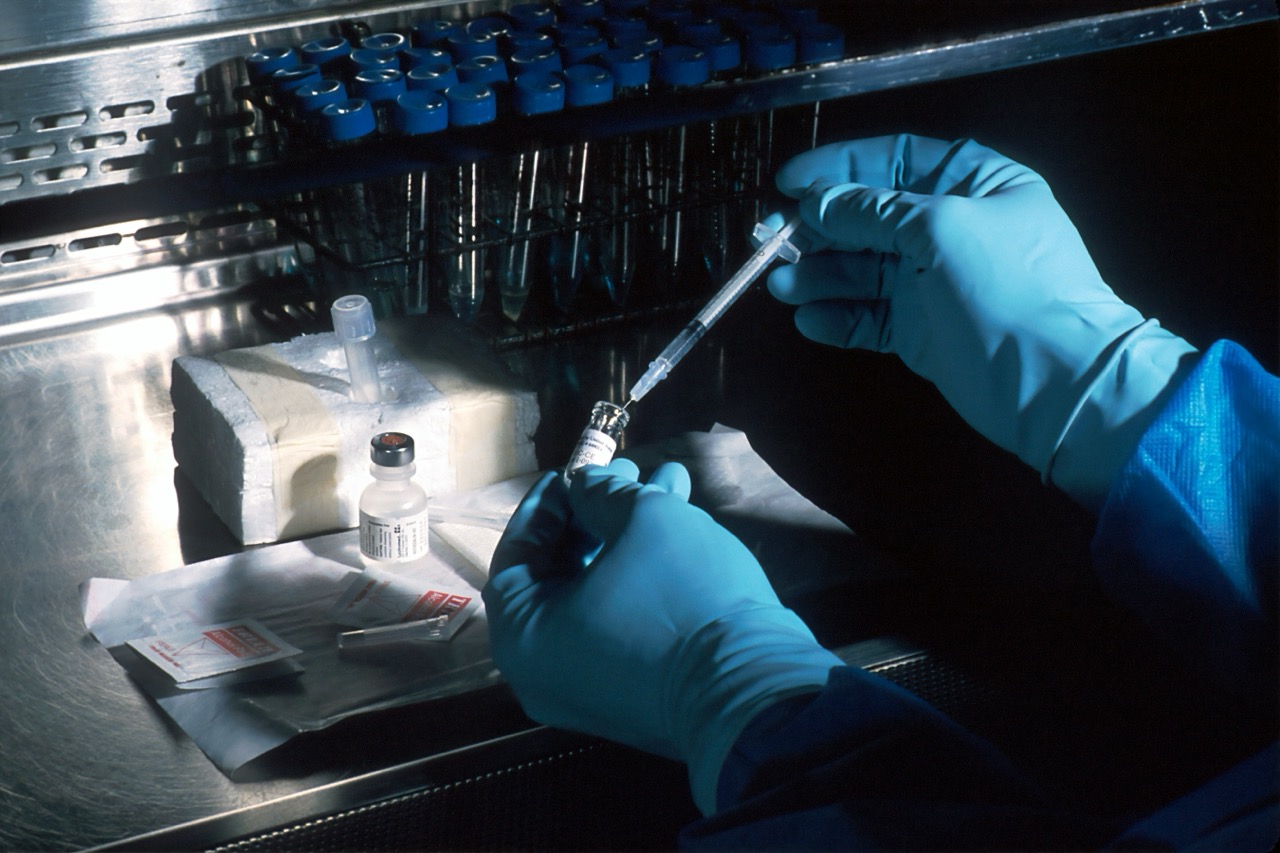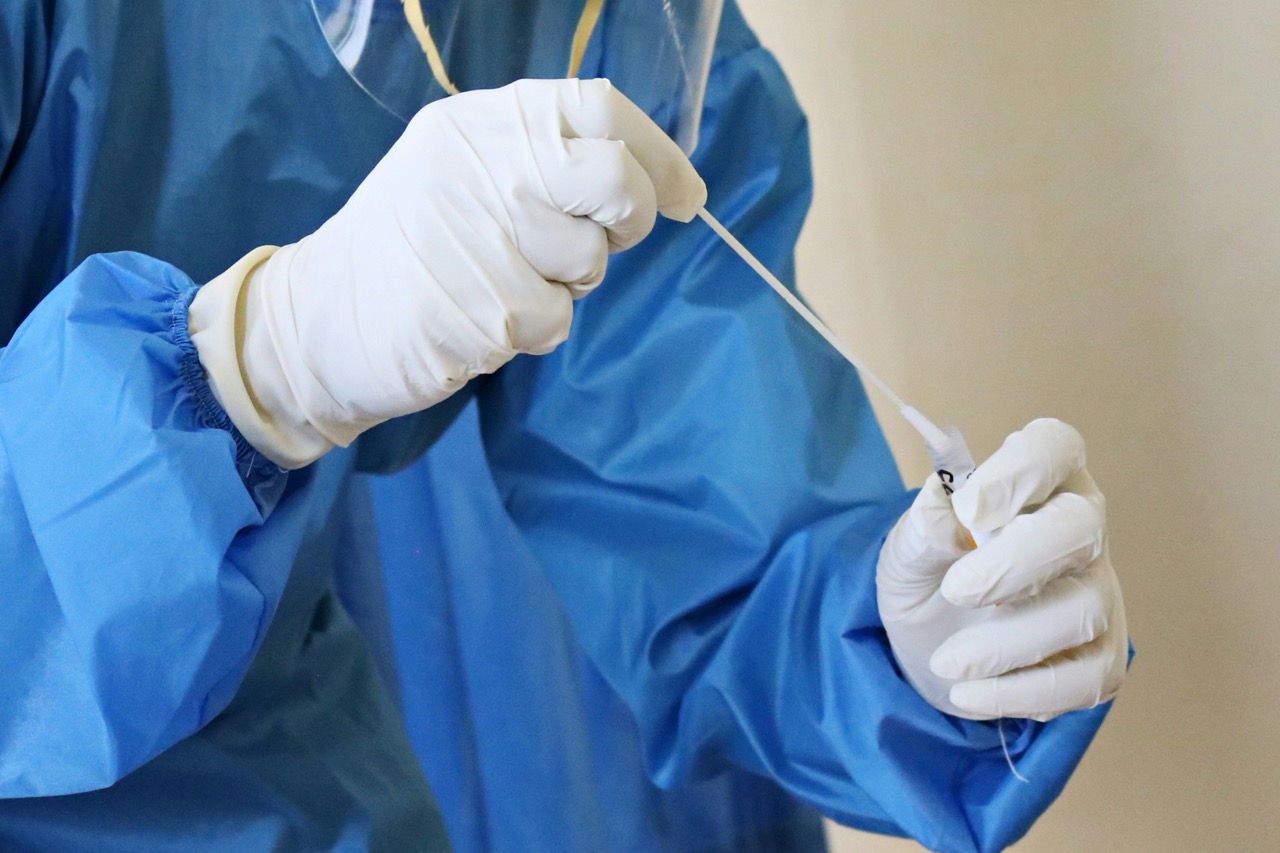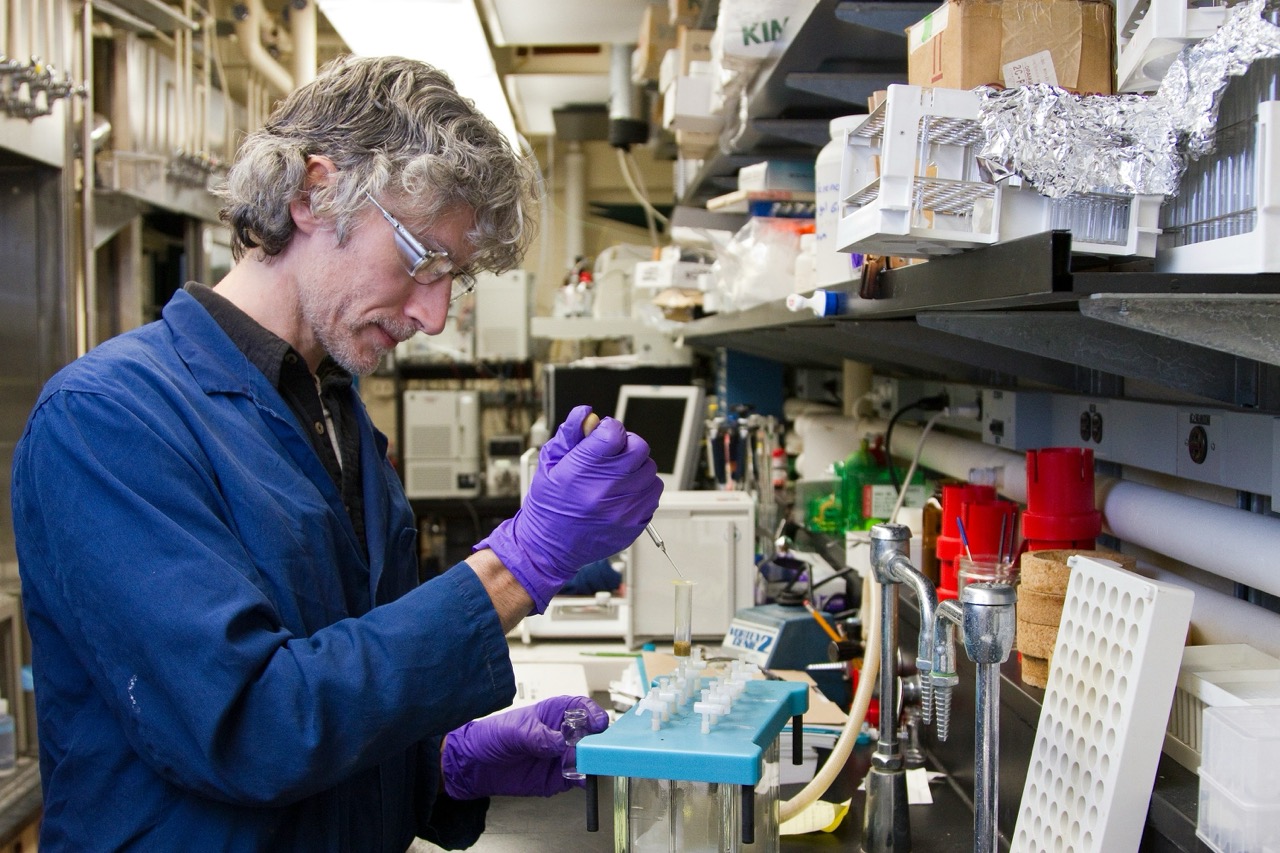In recent years, the landscape of romantic relationships has evolved, with polyamory gaining visibility and acceptance. This shift necessitates a reevaluation of health practices within these relationships, particularly concerning sexually transmitted diseases (STDs). Understanding the complexities of sexual health in polyamorous configurations is crucial for maintaining the wellbeing of all partners involved. This article delves into the role of STD testing in polyamorous relationships, addressing the unique challenges and considerations that arise in these dynamic settings.
By emphasizing the importance of open communication and consent, this article aims to foster a culture of safety and trust among polyamorous individuals. As we explore various facets of STD testing, including recommended protocols, frequency of testing, and the interpretation of test results, we hope to provide valuable insights that empower individuals to make informed decisions about their sexual health.
Understanding the Importance of STD Testing in Polyamory
In polyamorous relationships, where individuals may engage in sexual activities with multiple partners, the significance of regular STD testing cannot be overstated. Unlike monogamous relationships, where sexual exclusivity can reduce the risk of transmitting infections, polyamory inherently introduces a higher likelihood of exposure to STDs. Regular testing serves as a proactive measure to identify and treat infections early, thereby protecting the health of all partners involved.
Moreover, STD testing is not merely a personal health responsibility; it’s a collective obligation that underscores the importance of transparency and accountability within polyamorous dynamics. By prioritizing testing, partners demonstrate respect for each other’s health and wellbeing, fostering an environment of trust. This mutual commitment to health can empower individuals to engage in candid discussions about their sexual practices and potential risks.
The Unique Health Risks Associated with Multiple Partners
Polyamorous relationships introduce a range of health risks that can differ significantly from those found in monogamous partnerships. The potential for increased exposure to STDs is a primary concern, as engaging with multiple partners may lead to a higher risk of transmission. Additionally, the emotional and physical repercussions of such infections can be complex, particularly when navigating relationships that involve multiple parties.
Furthermore, the lack of a standardized approach to sexual health within polyamorous communities can complicate the management of risks. Individuals may encounter varying levels of health literacy, differing attitudes toward testing, and inconsistent practices regarding sexual health education. These factors contribute to an environment where misinformation can flourish, further exacerbating the challenges associated with maintaining sexual health in polyamorous settings.
Communication Strategies for Discussing STD Testing
Effective communication is essential in any relationship but becomes even more critical in polyamorous partnerships, where multiple individuals are involved. Establishing a comfortable space for discussing STD testing can facilitate transparency and trust. Using "I" statements can help individuals express their feelings and concerns without placing blame or creating defensiveness. For example, saying "I feel anxious about our health and would like to talk about testing" can open a dialogue while prioritizing emotional safety.
Moreover, scheduling regular check-ins can become a part of the relationship routine, allowing partners to share their health status and discuss testing openly. Encouraging a culture of inquiry—where partners can ask questions about each other’s sexual health practices without fear of judgment—can help normalize these conversations. It’s essential to approach these discussions with empathy and patience, as various partners may have different comfort levels regarding sexual health topics.
Recommended STD Testing Protocols for Polyamorous Couples
Establishing clear and consistent STD testing protocols can enhance the safety and health of polyamorous relationships. It is generally recommended that individuals get tested before initiating sexual activities with new partners and at regular intervals thereafter, depending on their level of sexual activity and number of partners. Comprehensive testing should include common STDs such as chlamydia, gonorrhea, syphilis, HIV, and hepatitis B and C.
In addition to regular testing, it may be beneficial for partners to agree upon a shared set of guidelines regarding safe sex practices, such as the use of condoms or dental dams. Creating a transparent plan for testing and safe practices can help mitigate risks and reassure all parties involved. Moreover, maintaining open lines of communication about testing results and health status is crucial for fostering an environment of mutual respect and care.
The Role of Consent in Health Discussions and Testing
Consent is a cornerstone of all sexual activity, and this principle extends to discussions about health and STD testing in polyamorous relationships. Each partner must feel empowered to establish their boundaries regarding sexual health and testing protocols. Consent is not merely a one-time agreement but an ongoing dialogue that evolves with the dynamics of the relationship. All parties should have the opportunity to voice their preferences and concerns about testing.
Additionally, consent in health discussions reinforces the idea that sexual health is a shared responsibility. Partners should engage in conversations that allow them to express their comfort levels regarding testing frequency and sharing results. By prioritizing consent, individuals can foster a non-coercive environment, ensuring that all partners feel valued and heard in matters related to their health.
Frequency of Testing: How Often Should You Get Tested?
Determining the appropriate frequency of STD testing in polyamorous relationships largely depends on individual circumstances, including the number of sexual partners, engagement in high-risk activities, and personal health history. For those with multiple partners or who engage in unprotected sex, more frequent testing—potentially every three to six months—may be advisable. Conversely, individuals who have fewer partners or consistently practice safe sex may opt for less frequent testing.
It is essential for individuals to assess their own risk factors and have open discussions with their partners about their testing habits. By creating a consensus on the testing schedule, partners can collectively manage their sexual health responsibilities and ensure that everyone remains informed and cared for. Regular check-ups and adherence to testing timelines can lead to early detection and treatment of STDs, ultimately promoting healthier polyamorous dynamics.
Interpreting STD Test Results in a Polyamorous Context
Understanding and interpreting STD test results in a polyamorous setting can be complex, particularly when multiple partners are involved. It is vital to approach test results with sensitivity and discretion, recognizing that individuals may react differently based on personal experiences and fears. Open communication about results is essential for maintaining trust and fostering an environment where partners feel safe discussing their health status.
Additionally, partners should be educated on the implications of various test results. For example, a positive result for an STD may carry different meanings depending on the timing of exposure and the potential for transmission. Engaging in educational discussions about what each result means and the next steps—such as treatment options and notifying other partners—can empower individuals to respond appropriately and collectively manage their sexual health.
The Legal and Ethical Considerations of STD Disclosure
Legal and ethical considerations surrounding the disclosure of STD status in polyamorous relationships are critical. Many jurisdictions have laws that mandate disclosure of certain STDs to sexual partners, which can complicate the dynamics of polyamory. Individuals must navigate not only their health rights but also their obligations to inform other partners of potential risks.
Ethically, discussions surrounding disclosure should prioritize honesty and transparency, fostering an environment where individuals feel comfortable sharing their health status without fear of stigma or retribution. It is crucial to develop agreements within the relationship regarding how and when partners will disclose their health information. This proactive approach can help mitigate potential conflicts and promote a culture of shared responsibility for sexual health.
Access to Healthcare: Resources for Polyamorous Individuals
Accessing healthcare resources can present challenges for polyamorous individuals, particularly in navigating testing and treatment options. Many healthcare providers may not be familiar with polyamorous dynamics, potentially leading to misunderstandings or inadequate care. It is essential for individuals to seek out practitioners who are knowledgeable and sensitive to the needs of polyamorous clients.
Resources such as local health clinics, sexual health organizations, and online platforms can provide valuable information and support. Additionally, advocacy groups can offer guidance on finding inclusive healthcare providers, promoting awareness of the unique health concerns faced by polyamorous individuals. By leveraging these resources, partners can ensure that they receive comprehensive and respectful healthcare tailored to their needs.
Building a Culture of Safety and Trust in Poly Relationships
Creating a culture of safety and trust is fundamental to the health and longevity of polyamorous relationships. Establishing clear agreements regarding sexual health, including testing and safe practices, can help partners feel secure in their connections. Regular discussions about health and wellbeing can reinforce the importance of mutual respect, fostering an environment where all individuals feel valued and cared for.
Furthermore, sharing experiences and learning from each other can enhance the collective understanding of sexual health. Workshops, support groups, and community resources can provide additional avenues for education and connection. By actively engaging in these discussions and fostering a culture of accountability, polyamorous partners can build stronger, healthier relationships that prioritize the wellbeing of all involved.
Overcoming Stigma: The Need for Open Dialogue on STDs
The stigma surrounding STDs can pose significant barriers to open dialogue within polyamorous relationships. Many individuals may feel hesitant to discuss their sexual health due to fears of judgment or discrimination. Overcoming this stigma requires a concerted effort to normalize conversations about STDs and prioritize health as a shared responsibility.
Educational initiatives that promote awareness of sexual health issues and encourage open discussions can help dismantle these stigmas. By emphasizing that STDs are a common health concern that can affect anyone, regardless of relationship structure, individuals can foster environments in which partners feel safe discussing their experiences and health status. This openness can lead to improved communication, trust, and ultimately, better health outcomes for all partners involved.
Future Directions: Innovations in STD Testing and Education
As the landscape of sexual health continues to evolve, innovations in STD testing and education are essential for supporting polyamorous relationships. Advances in technology, such as at-home testing kits and rapid testing options, offer individuals greater convenience and accessibility in managing their sexual health. These innovations can reduce barriers to testing and encourage more people to prioritize their health.
Additionally, expanding educational resources that focus specifically on the needs of polyamorous individuals can enhance awareness and understanding of sexual health. Workshops, online courses, and community events can provide platforms for learning and sharing experiences. By investing in both innovative testing solutions and targeted educational initiatives, we can promote a safer and healthier environment for polyamorous communities.
As polyamory becomes increasingly recognized and accepted, the importance of addressing sexual health through regular STD testing and open communication cannot be overstated. By understanding the unique challenges and responsibilities associated with multiple partners, individuals can cultivate relationships rooted in trust, safety, and respect. Through proactive measures and ongoing dialogue about sexual health, polyamorous couples can create a supportive environment that prioritizes the wellbeing of all involved. Moving forward, it is essential to continue advocating for comprehensive educational resources, innovative testing solutions, and a culture of openness that empowers individuals to take charge of their sexual health.










